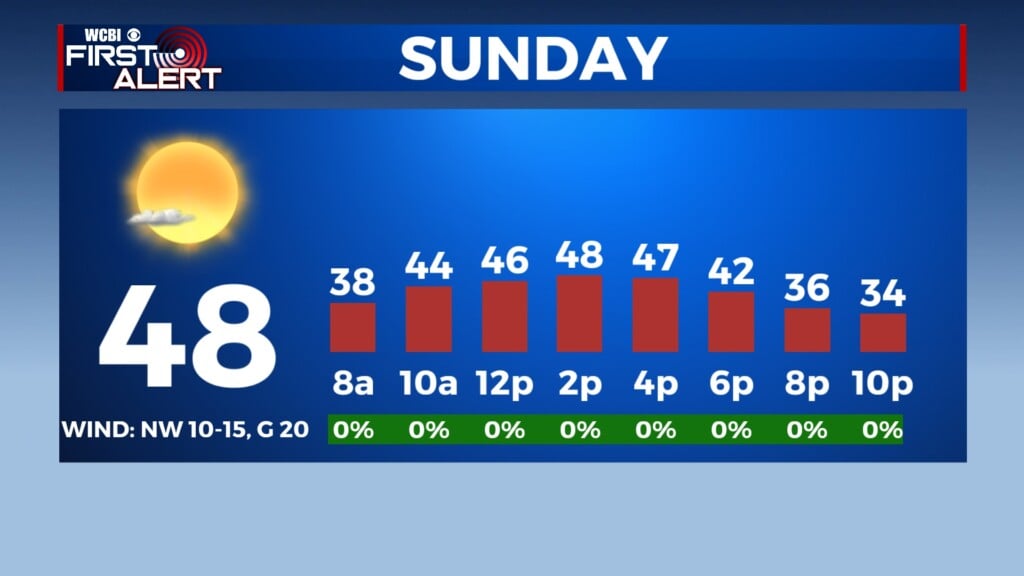Judge dismisses James Comey and Letitia James cases, finding prosecutor’s appointment invalid

Washington (CBS NEWS) – According to CBS, a federal judge on Monday ordered the criminal charges against former FBI Director James Comey and New York Attorney General Letitia James to be dismissed on the grounds that Lindsey Halligan, the interim U.S. attorney who secured their indictments, was unlawfully appointed to the role.
The rulings from U.S. District Judge Cameron Currie are a significant victory for Comey and James, who both argued their prosecutions are retaliatory and motivated by President Trump’s efforts to punish his political foes. The Justice Department is likely to appeal the decisions and ask for them to be halted.
“I conclude that all actions flowing from Ms. Halligan’s defective appointment, including securing and signing Mr. Comey’s indictment, constitute unlawful exercises of executive power and must be set aside,” Currie wrote in her opinion in the Comey case, a line that she repeated in her ruling in the James case.
Currie ordered the indictments to be dismissed without prejudice, which would allow prosecutors to seek charges again. She suggested that prosecutors could not seek a new indictment in Comey’s case since the statute of limitations for the offenses expired at the end of September.
Lawyers for both Comey and James are also seeking to have their indictments tossed out on numerous other legal grounds, including that the prosecutions are vindictive and selective. The judge overseeing Comey’s case heard arguments on his motion last week but has yet to rule.
“I am heartened by today’s victory and grateful for the prayers and support I have received from around the country,” James said in a statement in response to the ruling. “I remain fearless in the face of these baseless charges as I continue fighting for New Yorkers every single day.”
In a video statement, Comey said “the message has to be sent that the president of the United States cannot use the Department of Justice to target his political enemies.”
“I’m grateful that the court ended the case against me, which was a prosecution based on malevolence and incompetence, and a reflection of what the Department of Justice has become under Donald Trump, which is heartbreaking,” he said.
The judge’s rulings
In her decisions, the judge found that Halligan’s appointment violated both a federal law known as Section 546, which governs U.S. attorney vacancies, and the Constitution’s Appointments Clause.
In evaluating the text of Section 546, Currie found that the power to name an interim U.S. attorney for the Eastern District of Virginia for 120 days to fill the current vacancy rested not with the attorney general, but with district court for the region. She wrote that if the government’s interpretation of the law were correct, then the president could evade the Senate confirmation process “indefinitely” by “stacking” consecutive 120-day appointments.
“In sum, the text, structure, and history of section 546 point to one conclusion: the Attorney General’s authority to appoint an interim U.S. Attorney lasts for a total of 120 days from the date she first invokes section 546 after the departure of a Senate-confirmed U.S. Attorney,” Currie wrote. “If the position remains vacant at the end of the 120-day period, the exclusive authority to make further interim appointments under the statute shifts to the district court, where it remains until the President’s nominee is confirmed by the Senate. Ms. Halligan was not appointed in a manner consistent with this framework.”
She concluded that Halligan has been unlawfully serving as interim U.S. attorney since Sept. 22. Comey was indicted Sept. 25, and James was charged Oct. 9.
Halligan’s appointment
Halligan is a former insurance lawyer who was a member of Mr. Trump’s defense team in one of the criminal cases brought against him by former special counsel Jack Smith. She took over as the top federal prosecutor for the Eastern District of Virginia in a temporary capacity in late September and sought the indictments against Comey and James soon after.
Attorney General Pam Bondi tapped Halligan as interim U.S. attorney shortly after her predecessor, Erik Siebert, abruptly left the post amid concerns he would be forced out for failing to prosecute James.
Bondi appointed Halligan under Section 546, the federal law that governs U.S. attorney vacancies and allows the attorney general to select an interim U.S. attorney, who can then serve for 120 days. The Trump administration has invoked that law and another measure to install temporary prosecutors in New Jersey, Nevada and Los Angeles, though three different federal judges have all found they were serving unlawfully.
In the U.S. Attorney’s Office in eastern Virginia, Siebert had first been tapped to lead the office in January to serve for 120 days. Ahead of the expiration of his term, the federal court for the region voted to keep him in the role, exercising authority granted to it under federal law.
After Siebert departed, though, Mr. Trump urged Bondi to install Halligan in the post. Bondi issued a September order purporting to name Halligan as the interim U.S. attorney, to serve for 120 days. Days after she took the helm of the U.S. Attorney’s Office, Halligan secured the two-count indictment against Comey, which accuses him of lying to Congress during testimony in September 2020 and obstructing a congressional proceeding. James, the New York attorney general, was indicted in early October on charges of bank fraud. Both have pleaded not guilty to their respective charges.
Comey’s attorneys argued that his indictment was “fatally flawed” because Halligan, who alone presented the case to the grand jury and signed the indictment, was invalidly appointed to her position.
They argued that under the framework for a temporary U.S. attorney appointment, the 120-day clock starts from the time of the attorney general’s initial appointment of Siebert and limits the total tenure of interim appointments to 120 days. Because Siebert had already served the 120 days, only the district court had authority to appoint a successor, defense lawyers said.
But Justice Department lawyers defended the validity of Halligan’s selection and argued the 120-day limit applies on a “per-appointment basis.” Each appointment, they said, triggers its own clock and requires the attorney general to revisit her interim selections every 120 days.
To shore up Halligan’s work in Comey and James’ cases, the Justice Department submitted to the court an October order from Bondi that also purported to name her special attorney, applied retroactively, and ratified her actions before the grand juries and signature on the indictments.
Justice Department lawyers argued that even if Halligan’s appointment as interim U.S. attorney was invalid, any government lawyer can present a case to a grand jury or sign an indictment, and Bondi has the authority to make her a government attorney.
But Currie rejected Bondi’s attempt to retroactively name Halligan as a special attorney and wrote that the Justice Department has not pointed to any authority that allows the attorney general to “reach back in time and rewrite the terms of a past appointment.” She also said the attorney general’s attempt to ratify Halligan’s actions falls short.
“The implications of a contrary conclusion are extraordinary,” Currie wrote. “It would mean the Government could send any private citizen off the street — attorney or not — into the grand jury room to secure an indictment so long as the Attorney General gives her approval after the fact. That cannot be the law.”
Currie heard arguments on Comey’s bid to dismiss the case on the appointment grounds earlier this month alongside the similar effort by James. Like in Comey’s case, only Halligan presented the case against James to the grand jury and signed the indictment.




